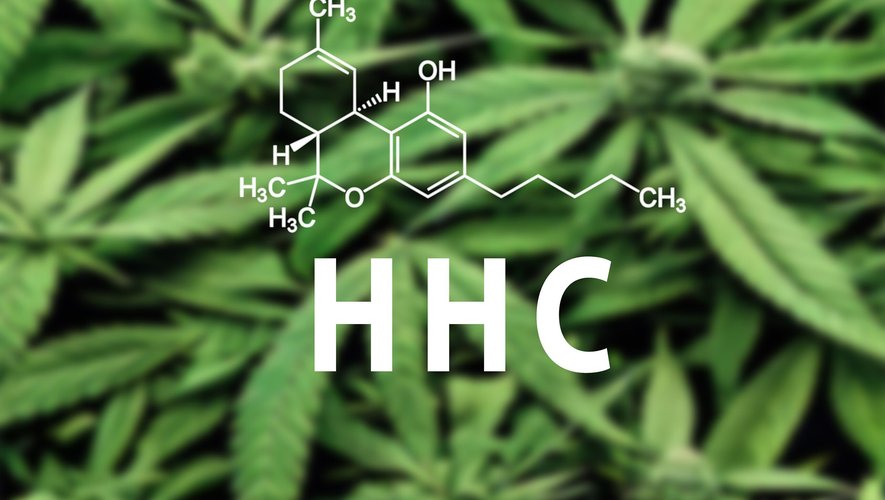(AFP) – Previously sold freely, products based on hexahydrocannabinol (HHC), a molecule derived from cannabis, will be banned from Tuesday in France, the health authorities considering that they present “a risk of abuse and dependence equivalent” to that of a narcotic.
– Semi-synthetic –
Behind the acronym HHC hides hexahydrocannabinol, a semi-synthetic derivative of cannabis.
The molecule was discovered in the 1940s by an American scientist working on cannabinoids.
Appearing on the drug market in the United States at the end of 2021, HHC was first spotted in Europe in May 2022, during a customs seizure, according to the European Monitoring Center for Drugs and Drug Addiction (EMCDDA). Eight months later, it had been identified in more than 70% of EU member countries.
In current products, “everything suggests that HHC is largely synthesized from hemp to produce cannabidiol, and then transformed, thanks to different substances, into HHC”, explained to AFP Joëlle Micallef, president of the French network of addictovigilance and hospital pharmacologist in Marseille.
– Rapid growth-
The health authorities of different countries – Europe and the United States – note that this molecule is increasingly marketed on the internet or in physical shops selling CBD.
“Ordinarily, synthetic drugs are bought on the internet or on the street, HHC can also be obtained massively in CBD shops, often associated with images of risk-free products”, according to the pharmacologist.
And the variations of HHC are multiple: cannabis flowers, on which it has been vaporized, e-liquids for electronic cigarettes, flavored confectionery…
“Unparalleled marketing to reach different audiences: the cannabis smoker will look for the form of grass or resin, young people will be more attracted by the candy or vaping aspect, etc.”, observes Joëlle Micallef.
– Risks –
The rise of HHC, an “emerging” phenomenon, represents “potential health and social risks”, alerted the European Monitoring Center for Drugs and Drug Addiction (EMCDDA) in a report in mid-April.
Its effects on humans are poorly known, but addictologists consider them close to, or even superior to, those of tetrahydrocannabinol (THC), the substance at the heart of the psychoactive effects of cannabis.
Pre-clinical studies (on cellular or animal models) have shown that with a lower concentration, HHC causes more effects than THC, but no clinical studies have been carried out.
“Users take a substance never evaluated in humans, and, depending on the manufacture, the dosage may vary and the effects with it. We also do not know if the HHC, once in the human organism, is transformed into another molecule more dangerous”, noted Joëlle Micallef.
In France, “at least thirty cases” passed through the emergency room after absorption of HHC have been identified by the addictovigilance network. However, “in addictovigilance, a detected case means that there are 100 in reality”, some passing under the radar.
Malaise, nausea, tachycardia, vomiting… these people had negative manifestations “rapidly after taking the product”.
On social networks, some HHC consumers have said they felt “like a zombie” with this “legal high”.
– Prohibition –
In Europe, countries have recently banned the sale of HHC such as Austria, Belgium, Denmark and the UK.
Until then, in France, there was no ban on sale or consumption, unlike cannabis.
The ban announced Monday by the ANSM concerns (HHC) and two of its derivatives, HHC-acetate (HHCO) and hexahydroxycannabiphorol (HHCP). It follows work that has shown that HHC “presents a risk of abuse and dependence equivalent to that of cannabis”.
“Their production, sale and use in particular are prohibited in France” from Tuesday.
In a tweet, the Minister of Health François Braun welcomed the mobilization of his ministry “to protect the health of the French and fight against addictions”.

